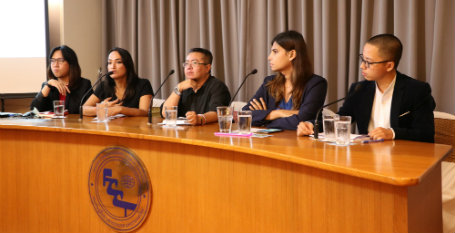UNDP has reported the vast majority of transgender in Asia cannot obtain official identification documents that match their gender identity, fuelling stigma, discrimination, social exclusion and even violence.
The 18-month study, titled Legal Gender Recognition of Transgender People: A Multi-Country Legal and Policy Review in Asia, reviewed laws and policies from nine countries in Asia and spoke to 220 transgender people from 80 LGBT groups.
The report found progress towards gender recognition had been made in Bangladesh, India, Nepal and Pakistan, where a third gender is possible on government documents.
China was the only country to provide a clear administrative process for transgender people to change gender, though it is subject to strict criteria.
Thailand and the Philippines have made progress in introducing anti-discrimination legislation.
“This report illustrates that a lack of legal gender recognition remains one of the most significant barriers to social inclusion, access to health and social services and enjoyment of human rights for transgender people in Asia,” stated Nadia Rasheed, Team Leader of the HIV, Health and Development Team of UNDP in Asia Pacific.
"Gender identity should have no bearing or barrier on whether someone can enjoy fundamental rights, like the ability to be recognized by their government or to access health care, employment or education without gender discrimination, hence legal gender identity recognition is of absolute importance to the livelihoods, safety and wellbeing of trans peoples,” said Phylesha Brown-Acton, Co-Chair, Asia Pacific Transgender Network.












 打印版本
打印版本




















读者回应
请先登入再使用此功能。